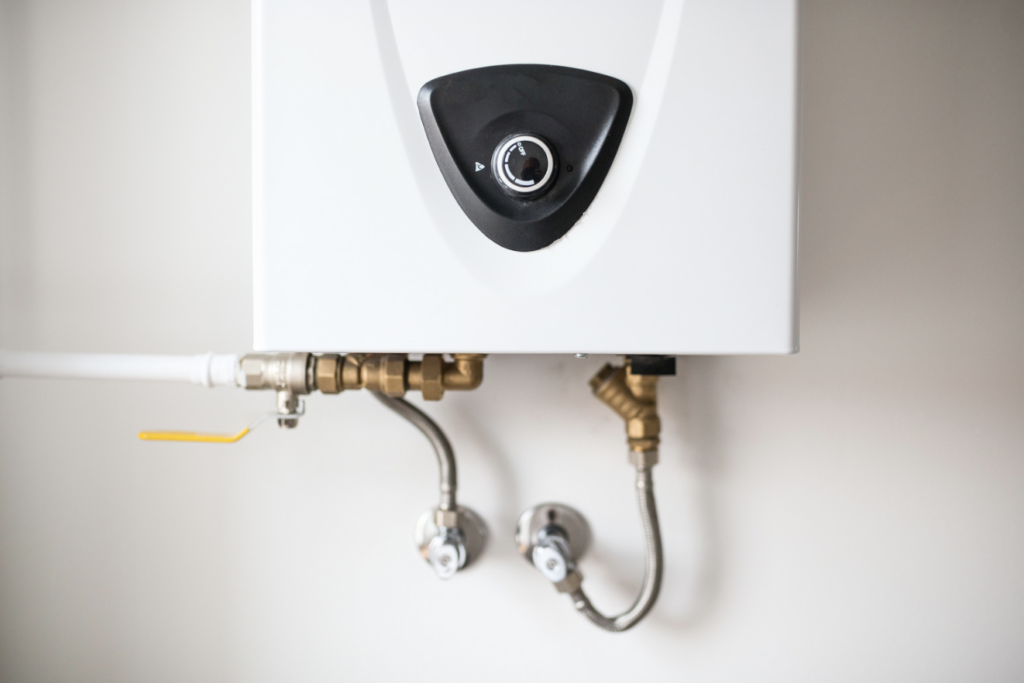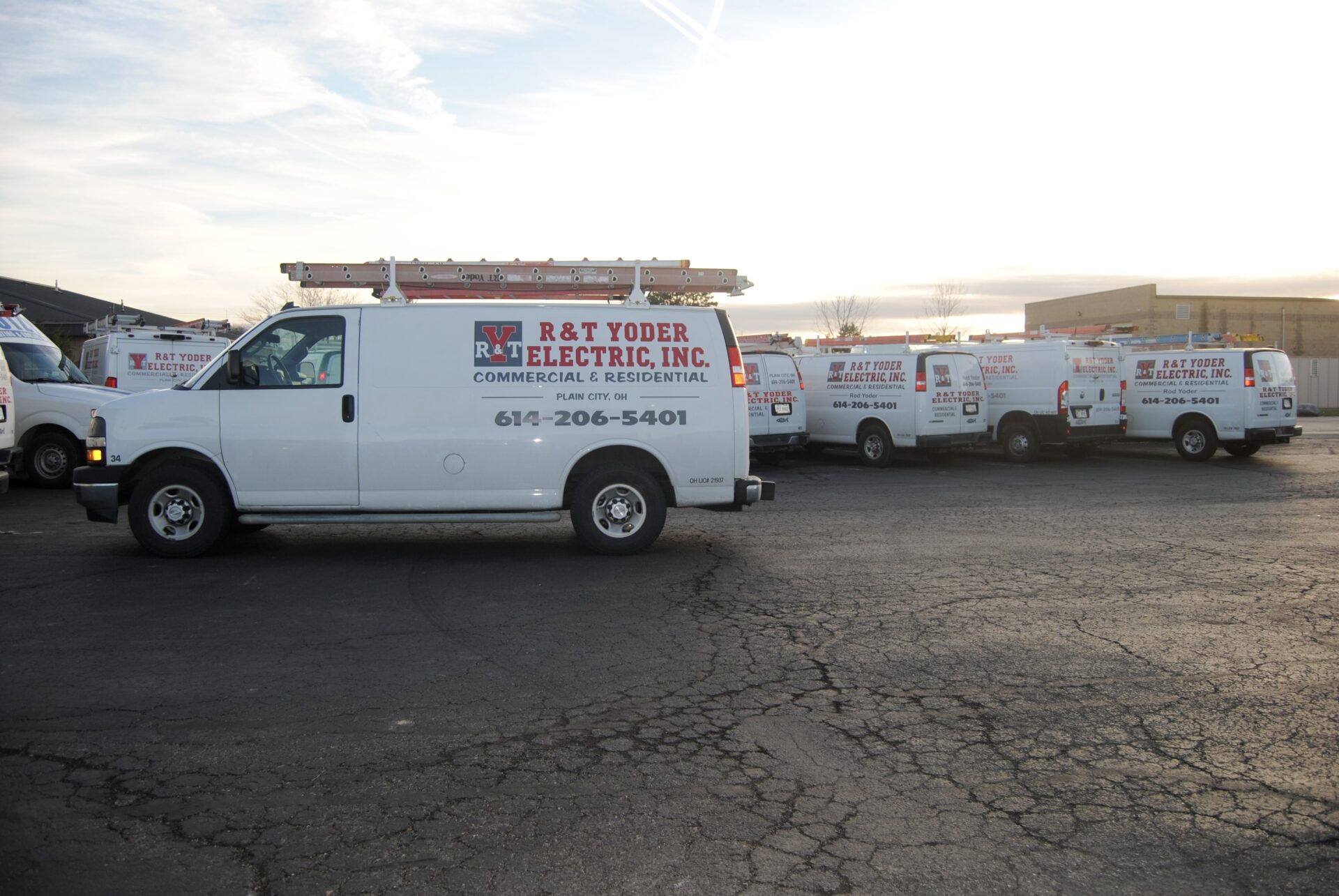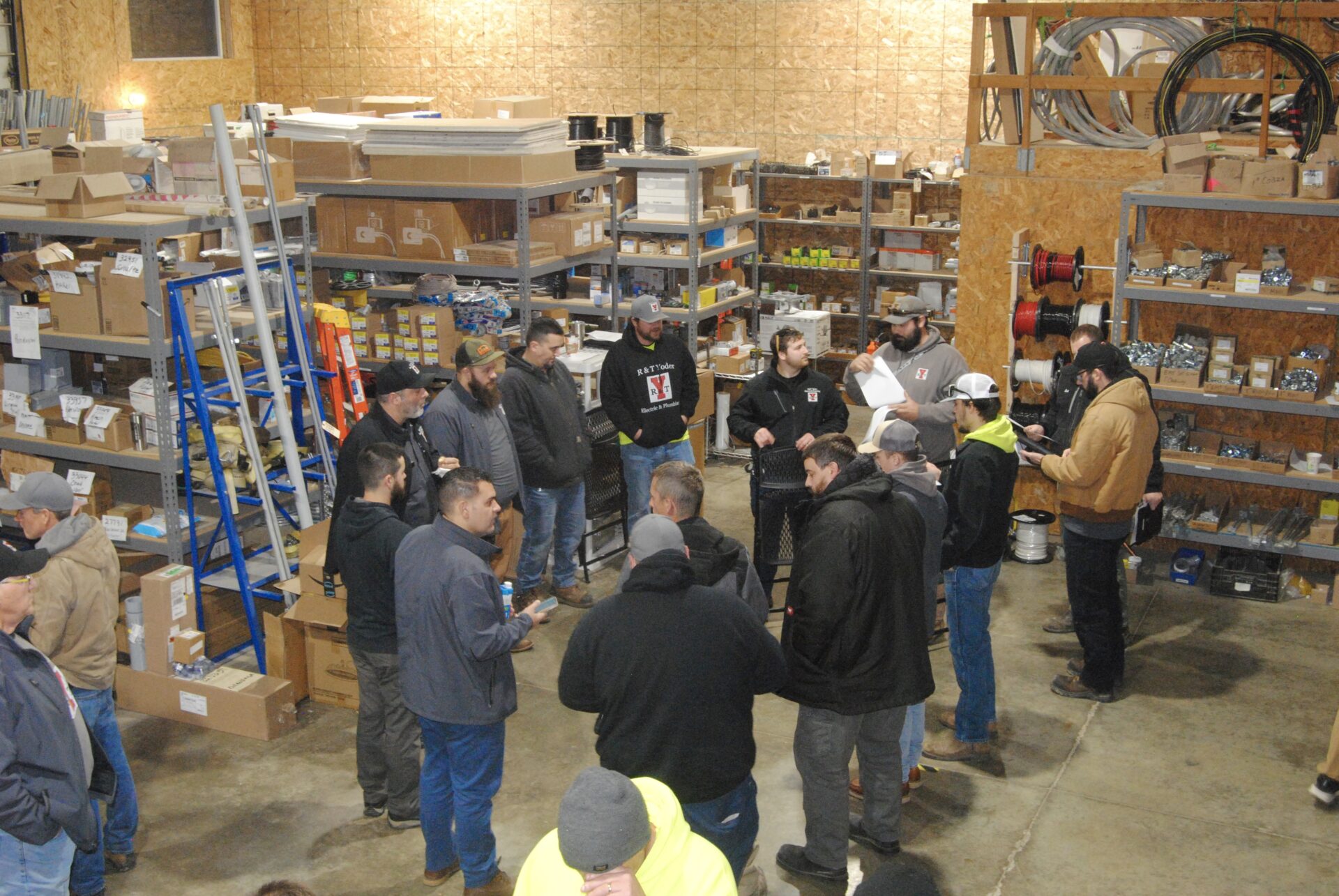Importance of Selecting the Right Water Heater
Choosing the right water heater for your home is a crucial decision that directly impacts daily comfort, energy costs, and overall efficiency. With a variety of models and technologies available, each offering unique benefits, it’s essential to understand which type best suits your household’s specific needs and usage patterns. Selecting the ideal water heater not only ensures reliable access to hot water but also delivers long-term satisfaction, cost savings, and peace of mind through energy-efficient performance tailored to your home.
Overview of Water Heater Types Available Today
Modern water heaters come in several types, each offering unique benefits. From traditional tank-based heaters to advanced tankless and solar-powered options, the range available today provides flexibility for different household needs and environmental goals.
Understanding Water Heater Types
Tank Water Heaters
Tank water heaters are the most commonly used systems. They store a large quantity of water in a tank, which is then heated and kept at a constant temperature, ensuring hot water is available on demand.
Tankless (On-Demand) Water Heaters
Tankless heaters heat water only as it’s needed. This “on-demand” approach means there’s no need to store water, offering a compact and energy-efficient solution for smaller spaces.
Heat Pump Water Heaters
Heat pump water heaters use surrounding air to transfer heat to the water, making them extremely energy efficient. They work best in warm climates and are ideal for those seeking an eco-friendly option.
Solar Water Heaters
Using solar energy, these heaters harness the power of the sun to heat water, making them one of the most sustainable options. However, they require adequate sunlight and often an alternative heat source on cloudy days.
Condensing Water Heaters
Condensing water heaters are highly efficient and work well with natural gas. They capture the heat from exhaust gases to heat the water, providing a greener, cost-effective alternative for households with high hot water demands.
Pros and Cons of Each Water Heater Type
Efficiency and Performance
Each type has its efficiency ratings, with tankless and condensing water heaters often topping the list. However, performance also depends on the household’s specific usage patterns and climate.
Installation and Maintenance Considerations
Tank-based heaters are easier to install but require more space, while tankless models need specific ventilation. Maintenance needs vary, with solar and heat pump systems generally requiring more attention.
Cost Implications
While tank heaters are generally less expensive upfront, tankless and heat pump options can offer greater savings in the long run. Understanding these cost dynamics helps in making an informed choice.
Assessing Your Household’s Hot Water Needs
Estimating Daily Hot Water Consumption
Calculating the household’s hot water needs is essential. Consider usage patterns in showers, dishwashing, and laundry, as these drive the demand and help determine the right size and type of heater.
Factors that Impact Hot Water Usage
Family size, appliances, and climate all play roles in hot water usage. Larger families or those with high-demand appliances will benefit from heaters with higher capacity or faster heating rates.
Energy Efficiency Ratings
Understanding Energy Factor (EF) Ratings
The Energy Factor (EF) rating shows how efficient a water heater is. A higher EF indicates better energy efficiency, which translates to lower operational costs.
Importance of Energy Star Certifications
Energy Star-rated water heaters meet strict efficiency standards, providing additional savings. Choosing an Energy Star-certified model often leads to lower energy bills and may qualify for rebates.
Fuel Types and Their Impact
Electric vs. Gas Water Heaters
Electric heaters are typically more affordable to install but may cost more in electricity usage, while gas heaters offer faster heating but require access to a gas line.
Propane and Solar Options
Propane and solar heaters are valuable options for off-grid living or those seeking renewable energy solutions. They’re efficient but may have higher upfront installation costs.
Hybrid Fuel Systems
Hybrid systems combine electric and gas elements, offering flexibility. They are typically more energy-efficient and can provide additional cost savings over time.
Evaluating Initial Costs and Long-Term Savings
Upfront Investment vs. Operational Costs
While some models have lower initial costs, they may lead to higher operational expenses. Tankless and heat pump heaters have higher installation costs but often provide long-term savings due to lower energy usage.
Calculating the Long-Term Return on Investment
Considering the life expectancy and efficiency ratings, you can calculate the potential savings. Investing in an efficient model may offset the initial expense through years of reduced energy bills.
Size and Capacity Considerations
Understanding Gallon Capacity for Tank Heaters
Tank heaters come in various sizes. The appropriate gallon capacity depends on household size and peak water usage, ensuring you have enough hot water during high-demand times.
Flow Rate Requirements for Tankless Heaters
For tankless heaters, flow rate is key. Knowing the household’s peak flow rate ensures the tankless system can provide continuous hot water without interruptions.
Installation Space and Location
Indoor vs. Outdoor Installation Options
Some water heaters can be installed outdoors, which is ideal for tankless models with limited indoor space. Indoor heaters require adequate room for maintenance and safe ventilation.
How Space Constraints Influence Choice
Small spaces may not accommodate larger tank systems, making tankless or heat pump options more appealing. Space considerations often dictate the ideal type of heater for each home.
Maintenance and Lifespan
Routine Maintenance Needs by Type
Maintenance requirements vary; tank heaters may need periodic draining, while tankless models benefit from regular descaling. Knowing these needs helps keep the heater running efficiently.
Expected Lifespans for Different Heater Models
Tank heaters generally last 10–15 years, while tankless models can last over 20 years with proper care. Understanding lifespan expectations can help prioritize durability in the decision process.
Safety Features and Considerations
Anti-Scalding Protection
Anti-scalding features, such as mixing valves, prevent excessively hot water from reaching the faucet, providing additional safety for households with children or elderly residents.
Temperature and Pressure Relief Valves
These valves release pressure if it builds up to unsafe levels, preventing potential explosions or leaks. They’re an essential feature for tank water heaters, ensuring operational safety.
Seismic Strapping for Tank Water Heaters
In earthquake-prone areas, seismic strapping secures tank heaters to prevent damage or rupture, providing a level of protection in case of ground movement.
Environmental Impact
Green Energy Options in Water Heaters
Solar and heat pump water heaters are greener options that reduce energy consumption. Choosing an environmentally friendly model contributes to reducing carbon emissions.
Minimizing Carbon Footprint with Efficient Models
Using energy-efficient heaters not only saves on utility costs but also lowers your carbon footprint. Choosing efficient heaters aligns with sustainability goals and environmental preservation.
Availability of Rebates and Incentives
Government and Utility Rebates for Efficient Models
Many governments and utility providers offer rebates on energy-efficient water heaters. These incentives can reduce upfront costs and make high-efficiency models more affordable.
Local Incentives and Tax Benefits
Depending on location, additional incentives may apply, such as tax credits for solar or Energy Star-certified models. Exploring these options can provide substantial savings.
Choosing the Right Brand and Warranty Options
Comparing Reliable Water Heater Brands
Some brands are known for longevity and efficiency. Comparing reviews and brand reputations ensures that you’re choosing a heater with proven reliability.
Warranty Duration and Coverage Details
Warranties vary by brand and model, with some extending up to 12 years. Understanding warranty details offers peace of mind, as repairs or replacements are covered.
Professional vs. DIY Installation
When to Hire a Professional Installer
Certain models, especially gas or solar, require professional installation to ensure safety and compliance. Hiring a professional can prevent errors and increase the heater’s lifespan.
Risks and Considerations with DIY Installation
DIY installation can be cost-effective but may void warranties and lead to errors, especially with complex systems. For certain heaters, professional installation is strongly recommended.
Frequently Asked Questions
1. How do I know which water heater size is right for my home?
The right size depends on household hot water needs. For tank heaters, consider gallon capacity based on family size; a family of four might need a 50-gallon tank. For tankless heaters, look at the flow rate to ensure it can handle multiple uses at peak times.
2. Is a tankless water heater more energy-efficient than a tank heater?
Yes, tankless water heaters only heat water on demand, reducing standby energy loss. This makes them more efficient than tank heaters, which constantly maintain a hot water supply, although tankless heaters often have higher initial costs.
3. How long does a water heater typically last?
Tank water heaters last about 10–15 years, while tankless models can last over 20 years with proper maintenance. Heat pump and solar heaters vary but typically offer a lifespan of around 10–15 years as well.
4. Can I install a water heater myself, or should I hire a professional?
While DIY installation is possible, it’s recommended to hire a professional, especially for gas and solar heaters. Professional installation ensures safety, compliance, and may preserve warranty coverage.
5. Are there rebates available for purchasing an energy-efficient water heater?
Yes, many utility companies and government programs offer rebates or incentives for energy-efficient models, like Energy Star-rated heaters. Check with local providers to see what options are available in your area.











